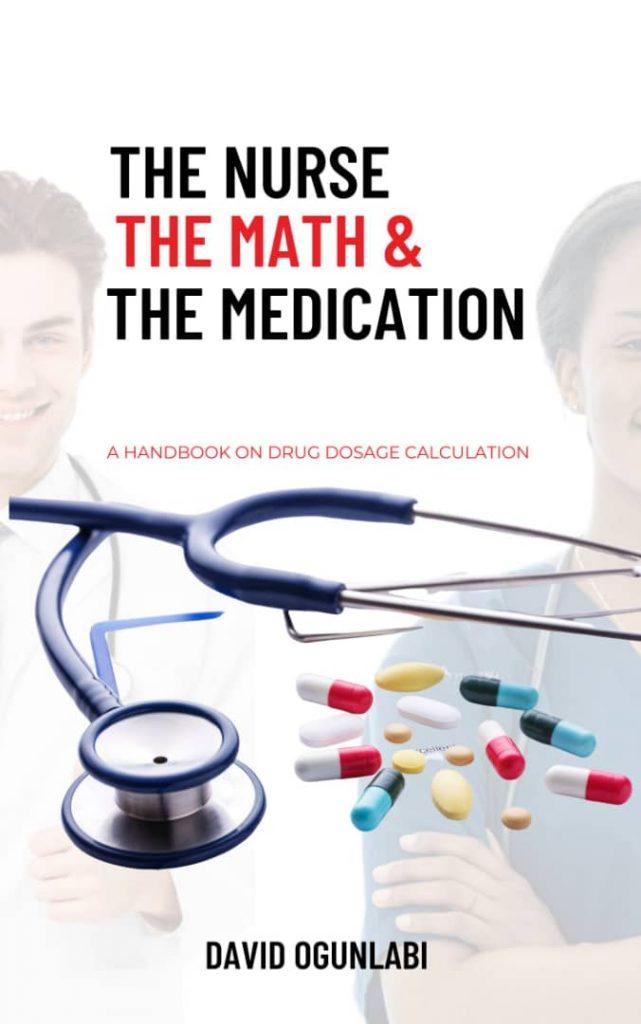
Introduction
Refeeding syndrome (RFS) was first reported in the 1940s when malnourished prisoners from World War II developed cardiac and neurological disorders shortly after resuming nutrition.
Several studies have been conducted to understand the pathophysiology of this condition.
RFS results from underfeeding or starvation for a period followed by the re-initiation of nutrition support, including enteral nutrition, parenteral nutrition, or even intravenous dextrose solution.
RFS is associated with severe metabolic abnormalities, such as glucose metabolism imbalance, hypophosphatemia, hypokalemia, hypomagnesemia, and thiamine deficiency, which are observed within a few days of reintroducing nutrition.
Patients in the Intensive Care Unit (ICU) are classified as “high risk” because they are usually metabolically stressed from critical illness or major surgery, which makes their bodies respond to nutrition the same way as one who is starved.
Clinical Definition
It is quite difficult to define RFS, even among nutrition experts. There is currently no internationally agreed-upon definition of RFS.
However, in 2017, the American Society of Parenteral and Enteral Nutrition (ASPEN), the Parenteral Nutrition Safety Committee, and the Clinical Practice Committee commissioned an interprofessional task force to develop consensus recommendations for identifying patients with or at risk for RFS and for avoiding and managing the condition.
RFS is clinically defined as:
“A decrease in any 1, 2, or 3 of serum phosphorus, potassium, and/or magnesium levels by 10%–20% (mild RFS), 20%–30% (moderate RFS), or >30% and/or organ dysfunction resulting from a decrease in any of these and/or due to thiamine deficiency (severe RFS), and occurring within 5 days of re-initiating or substantially increasing energy provision.”
Pathophysiology
When the body is starved of food (during fasting or in a critical illness), catabolic processes are initiated.
The body, in a bid to preserve and maintain energy levels, starts breaking down glycogen stores (glycogenolysis) and also switches from carbohydrates to non-carbohydrate sources (protein and lipids) as the major source of energy (gluconeogenesis).
Basal Metabolic Rate (BMR) decreases, many intracellular minerals are depleted, insulin secretion is suppressed, and glucagon secretion is increased (glucagon release drives metabolism).
The reintroduction of nutrition at this stage causes an unusual response in the body.
There is a surge in insulin levels in response to increased blood sugar, causing an imbalance in glucose metabolism.
Rising insulin levels drive phosphorus and potassium into the cells (Phosphorylation of glucose in the cell drives phosphorus into the cell, while the activation of the sodium-potassium ATPase pump drives potassium into the cell), causing a depletion in the phosphorus and potassium levels.
The mechanism for magnesium depletion has not yet been well elucidated. The decrease in serum electrolytes in this state can be sudden and severe and can lead to death if there is no quick intervention.
There is also an increased demand for thiamine during the transition from starvation to nutrition. Thiamine is a co-factor for the glucose-dependent metabolic pathway, hence its increased demand during this transition.
Complications of RFS
HYPOPHOSPHATEMIA
1. Phosphate is a vital component of adenosine triphosphate (ATP), the main storage form of energy in humans.
Depletion of phosphate can cause respiratory muscle weakness. It can also decrease cardiac contractility.
2. Phosphate is also important in the electrical conduction of impulses.
Depletion of phosphate can cause cardiac arrhythmia.
3. Phosphate is a vital component of 2,3-diphosphoglycerate (2,3 DPG), a compound found in human red blood cells that decreases the affinity of oxygen to hemoglobin, thereby facilitating tissue oxygenation.
Depletion of phosphate can cause tissue hypoxia.
HYPOKALEMIA
1. Potassium is essential in the transmission of nerve impulses and muscular contraction
Depletion can cause cardiac arrhythmia, weakness, hyporeflexia, respiratory depression, and paralysis.
THIAMINE DEFICIENCY
1. Thiamine helps in the healthy functioning of the nervous system.
Depletion can cause neurological disorders such as Wernicke’s encephalopathy.

Grab your copy of “The Nurse, The Maths, and The Medication: A Handbook on Drug Dosage and Calculation” on Amazon store and Selar.
Prevention
- Initiate nutrition within 48 hours of ICU admission. Nutrition should be initiated at lower levels and increased gradually as tolerated.
- Give Vitamins, such as thiamine (vitamin B1), vitamin B12, multivitamin.
- Serum electrolytes repletion- phosphate, potassium, and magnesium levels must be monitored daily for high-risk patients, and replacement should be done as appropriate (as per hospital policy).
- Monitor blood sugar level.
Management of RFS
- Give vitamins – thiamine, vitamin B12, multiviSerum electrolytes repletion (phosphate, potassium, magnesium) as per hospital policy.
- Monitor ECG and hemodynamics.
- Cut back the rate of nutrition by 25–50% in high-risk patients. Increase gradually as tolerated
- Monitor blood sugar level
- Provide adequate protein
By David Ogunlabi (Critical Care Nurse, UK).
References.
Josh F., 2020. Refeeding Syndrome. Internet Book of Critical Care. https://emcrit.org/ibcc/refeeding/
Joshua S, David S, Kim S, et al, 2020. Nutrition in Clinical Practice Journal. ASPEN Consensus Recommendations for Refeeding Syndrome. https://pubmed.ncbi.nlm.nih.gov/32115791/
McKnight C, Newberry C and Daley B., 2019. Refeeding Syndrome in the Critically Ill: a Literature Review and Clinician’s Guide. Topical Collection on Nutrition and Obesity. https://link.springer.com/article/10.1007/s11894-019-0724-3






Drop Your Comment